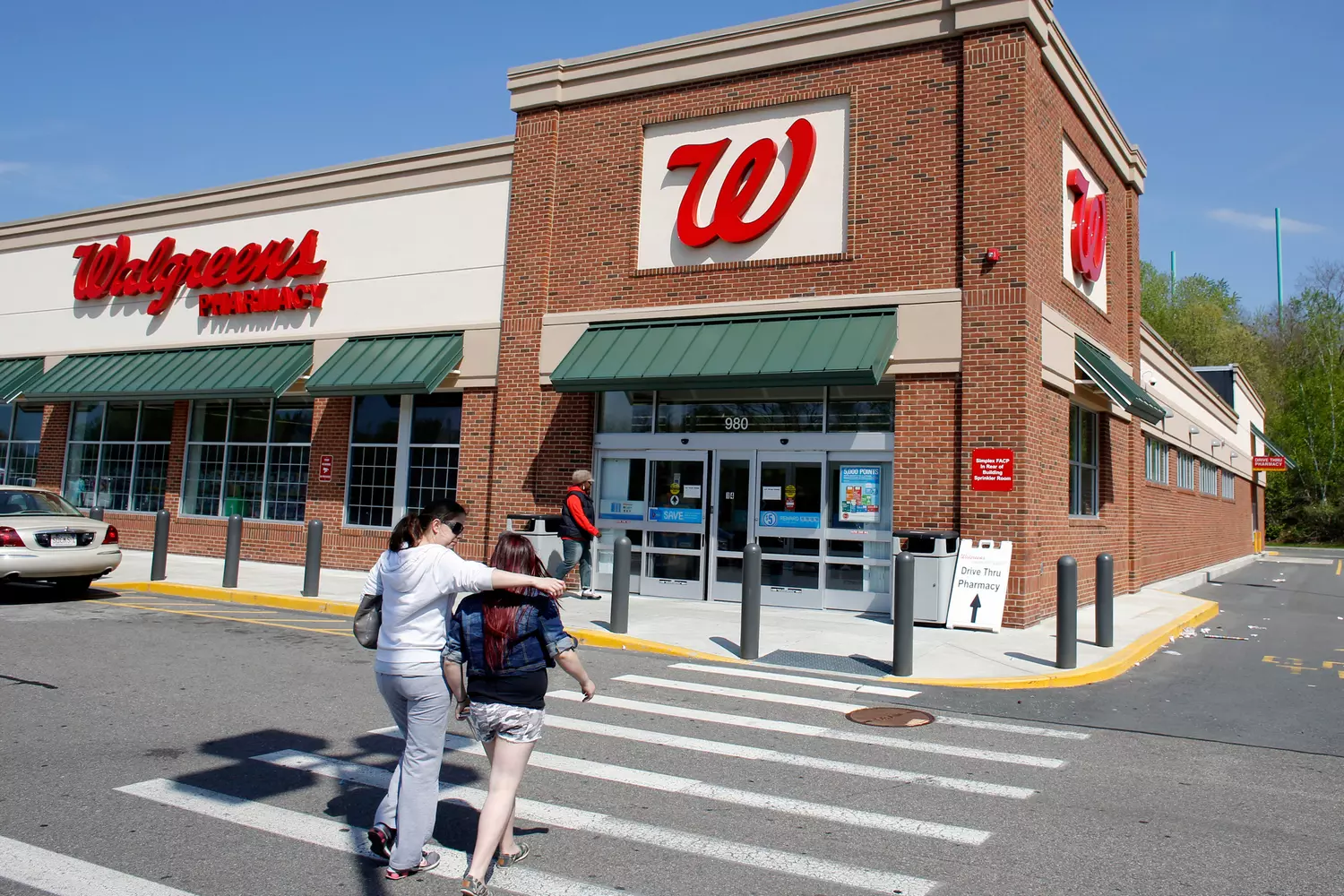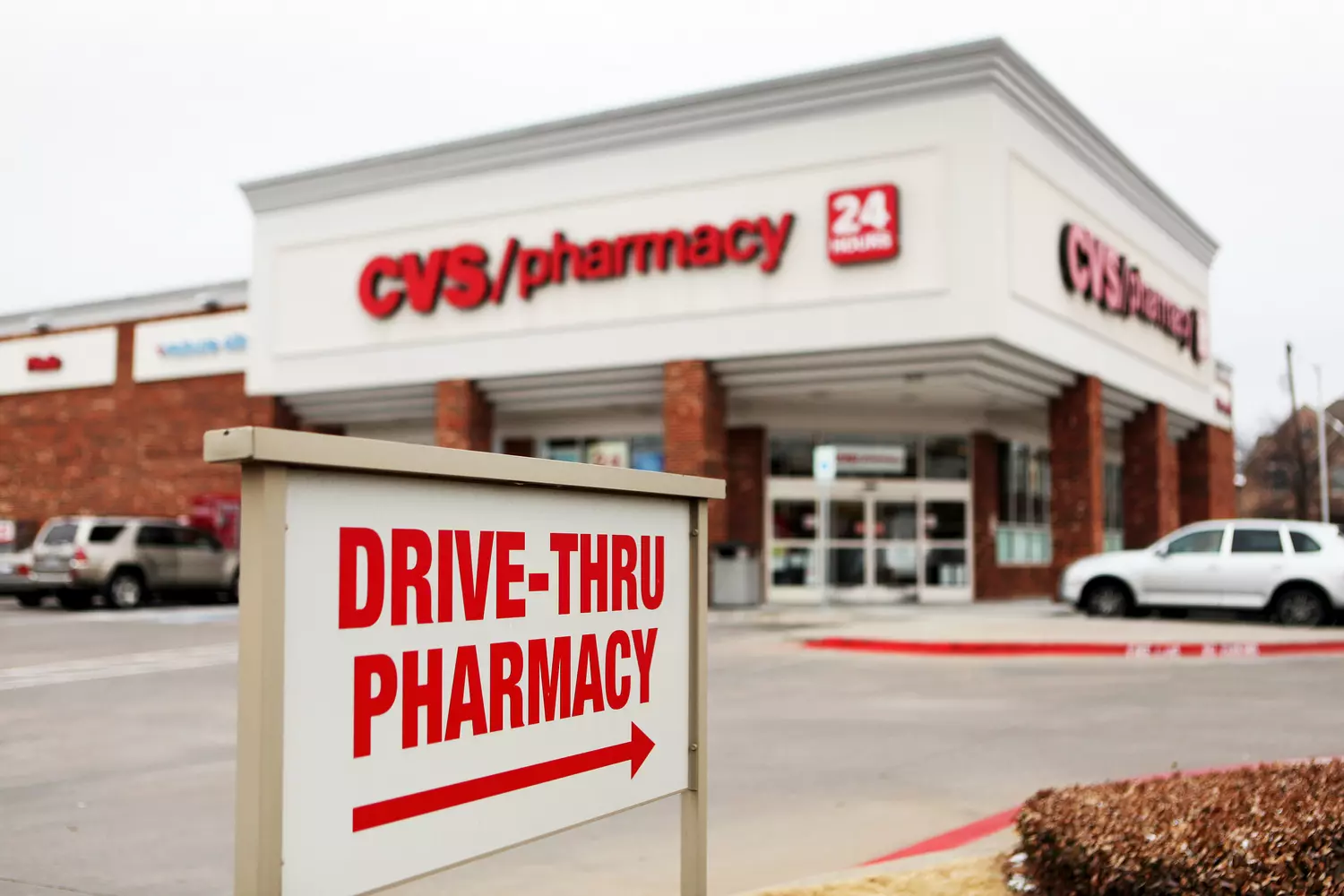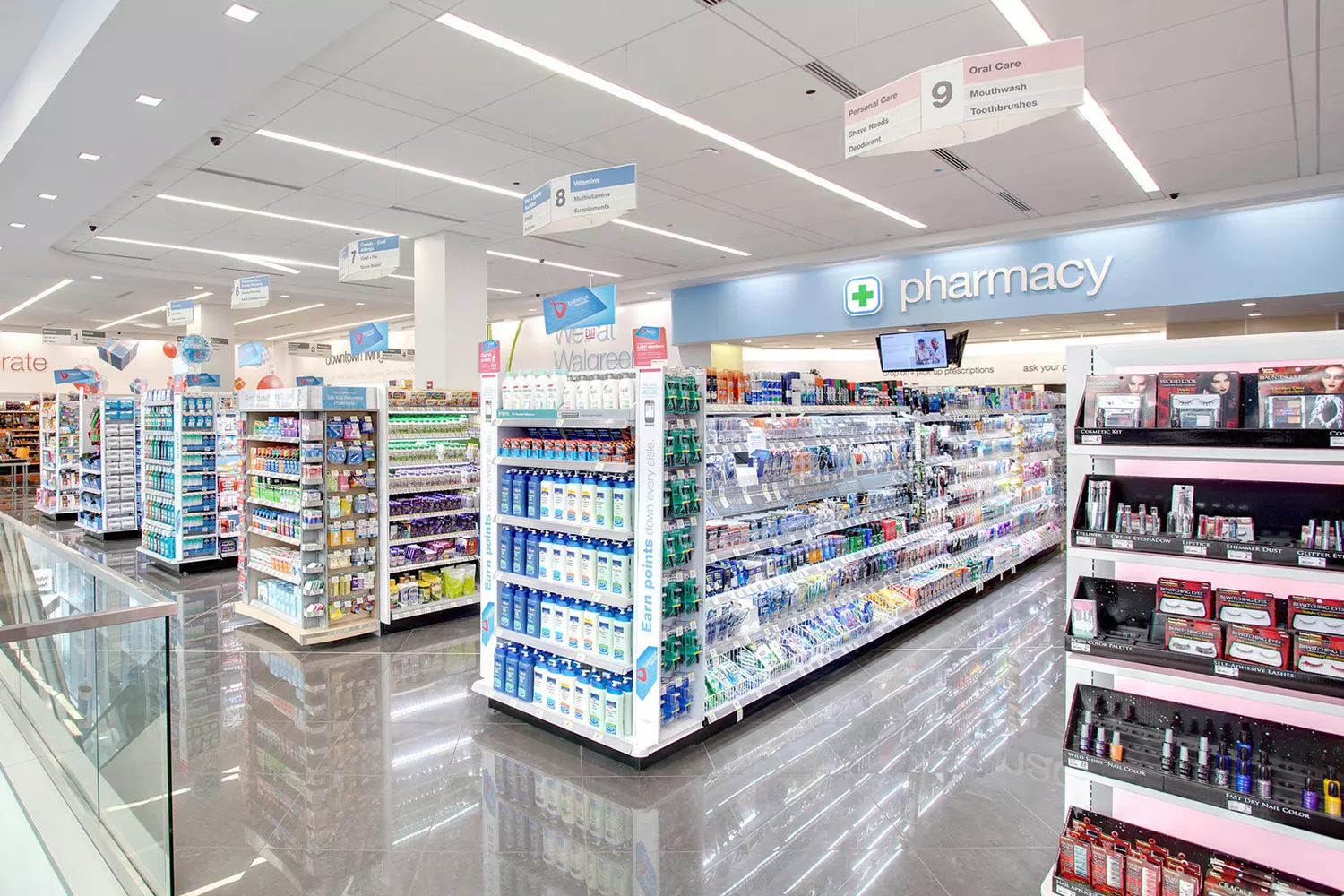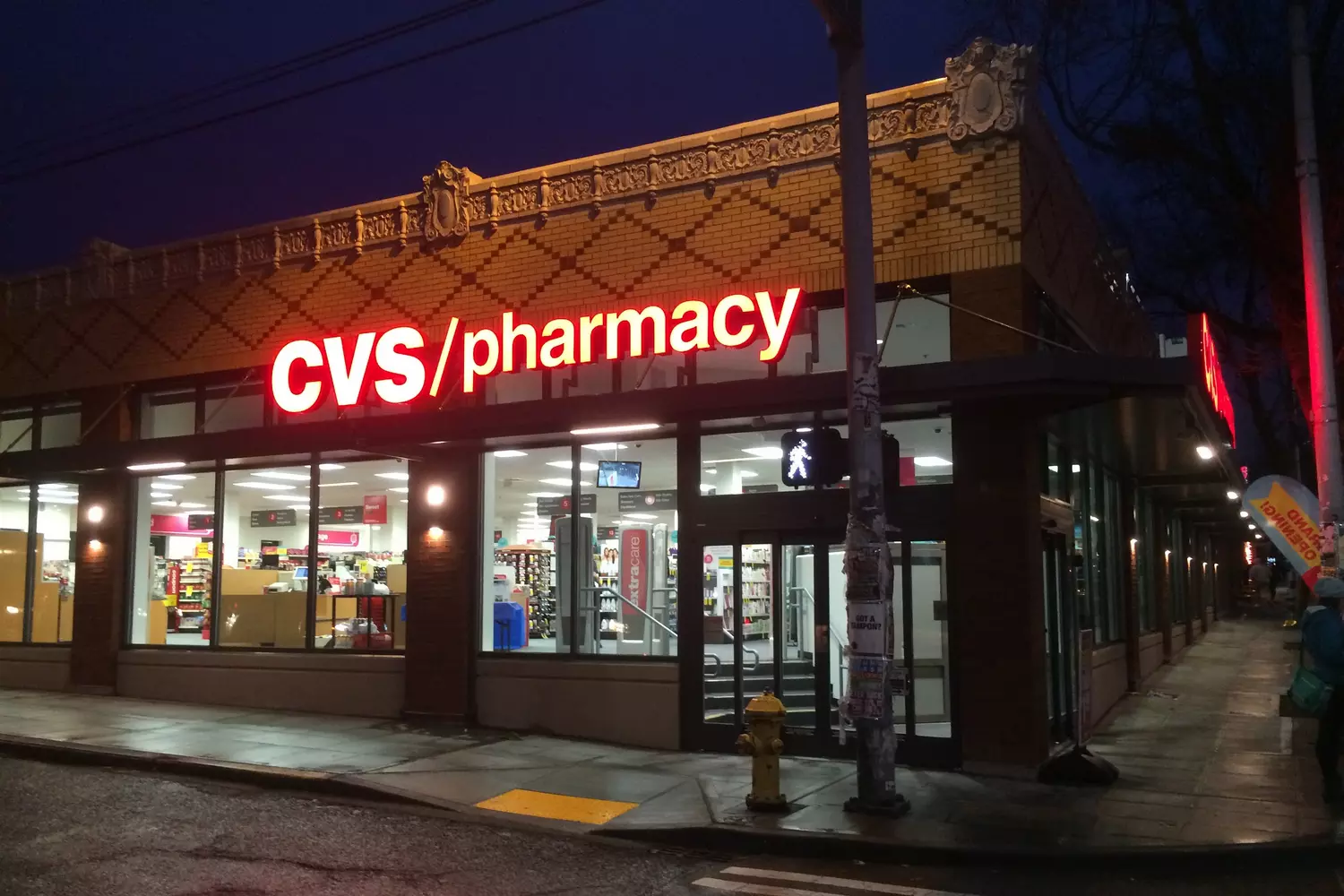Whether you're traveling, studying, or on a business trip — sooner or later in the U.S., you'll likely need to stop by a pharmacy. And that’s perfectly normal: even the healthiest people occasionally need vitamins, hygiene products, cosmetics, or just a box of band-aids.
American pharmacies are not just about medicine. They’re convenient stores where you can find supplements, skincare, baby products, and even small electronics. What matters is choosing a chain with good service, fair pricing, and a wide range of products. In many ways, pharmacies in the U.S. function more like supermarkets than traditional drugstores.
So which one should you choose — CVS or Walgreens? Which is cheaper? Which is more convenient? Where will you get real help? In this article, we’ll break down the key differences between the two biggest pharmacy chains in the U.S., so you can feel confident wherever you are.
American Pharmacies: Essential as Cafés, Grocery Stores, and Hair Salons.American Butler
Major Pharmacies in the U.S.
The American pharmacy market is largely defined by the rivalry between two giants: CVS Health (CVS) and Walgreens Boots Alliance (WBA). According to analysts, these two companies account for roughly 29% of all prescription drug sales nationwide. In fact, in 70 of the 100 largest U.S. cities, CVS and Walgreens together operate half of all pharmacies.
Both brands are iconic in the U.S., with millions of loyal customers, instantly recognizable logos, and locations seemingly on every corner. But what sets them apart? To figure out which is more convenient, affordable, and reliable, let’s compare them based on several key factors:
- Geographic reach and accessibility
- Pricing and promotions
- Product range and non-prescription goods
- Discounts and loyalty programs
- Extra services and customer care
Both companies have found success — but each has its own strengths and quirks. Let’s take a closer look at how CVS and Walgreens differ, and what you should consider when choosing where to shop.

Walgreens Pharmacy Network
Walgreens is one of the largest players not only in the U.S. but also on the global pharmaceutical market. The company operates in both retail and wholesale sectors and currently has a presence in 44 countries, including 19 in Europe, where it's recognized as a leading pharmaceutical distributor.
Within the United States, Walgreens manages over 8,100 pharmacies. The states with the highest number of locations include Florida (833), Texas (713), and California (633).
Advantages of Walgreens
- Affordable pricing on vaccinations and seasonal immunizations
- Discounts and special offers for low-income and senior customers
- Wide national coverage — even in smaller towns and rural areas
- Prescription savings program for uninsured patients
- Reward system for prescription purchases
- Large selection of non-prescription items: skincare, vitamins, hygiene products
Disadvantages of Walgreens
- Higher prices on some prescription medications compared to competitors
- Fewer pharmacy locations than CVS in most states
- Lower customer satisfaction ratings, according to national surveys
Currently, Walgreens is focusing heavily on European markets, where aging populations are driving consistent demand for medications. This makes the international segment of their business especially profitable.

CVS Pharmacy Network
CVS Health is the largest pharmacy chain in the United States, operating over 9,700 locations nationwide. Unlike its main competitor Walgreens, CVS is primarily focused on the domestic market, with a presence limited to the U.S. and Brazil.
The company is deeply integrated into everyday American life. Many of its pharmacies are located inside supermarkets and shopping centers, and many CVS locations also operate as small clinics. CVS is also considered a leading provider of discount and savings programs for pharmacy services across the country.
Advantages of CVS
- Presence in nearly every town and city across the U.S.
- Convenient locations inside supermarkets and malls
- In-store consultations for minor illnesses, vaccinations, and cold/flu symptoms
- Access to basic healthcare services right at the pharmacy
- Large selection of affordable medications and generics
- Discount programs for seniors, students, and low-income individuals
- Reward system and loyalty cards with bonuses and special offers
Disadvantages of CVS
- Higher-than-average prices on vaccines, personal hygiene items, and cosmetics
- Limited international presence — the network operates almost exclusively in the U.S.

Fun Facts from the CVS vs. Walgreens Rivalry
Business history is full of legendary rivalries: Coca-Cola vs. Pepsi, Adidas vs. Puma, Nike vs. Reebok… In the U.S. pharmaceutical world, the fiercest battle is between CVS and Walgreens. Their competition has long gone beyond market share — it’s become a full-scale “pharmacy-on-every-corner” showdown.
CVS has repeatedly opened stores in the same shopping centers where Walgreens already operated — quite literally next door. One of the most notable controversies erupted when CVS was accused of using a non-prescription drug distribution technology allegedly patented by Walgreens. The dispute escalated into a multi-year legal battle.
More interesting facts
- Walgreens tends to open larger-format stores with spacious layouts and extended services.
- CVS focuses on comfort: lower shelves, wider aisles, and easy-to-navigate layouts.
- Both companies invest heavily in celebrity marketing. Famous “brand faces” include singer Celine Dion for Walgreens and Nobel laureate Al Gore for CVS.
Amid their rivalry, CVS and Walgreens continue improving their service quality, launching loyalty programs, and integrating digital tools. But their duel no longer takes place in a vacuum — retail giants like Walmart and Target are entering the pharmacy market with their own in-store solutions and even lower prices.
As competition heats up, it’s ultimately a win for consumers. After all, when brands compete not just on price but on service quality, everyone benefits — especially the customer.

Support from American Butler
The U.S. pharmacy system can seem overwhelming, especially if you’ve just moved to the country or are visiting temporarily. Differences between CVS and Walgreens, pricing policies, loyalty programs, and service formats — all of it can affect not only your experience but also your budget. Choosing the right pharmacy is not just about convenience — it can also save you money and ensure timely access to important medications.
If you’re visiting the U.S. for the first time, planning a trip, or adjusting to a new life here, the American Butler team is here to help. We’ll guide you on where to find the best deals, how to use loyalty programs, which pharmacies are open 24/7, and even assist with insurance, vaccinations, and urgent care solutions.
We’re more than just a pharmacy guide — we’re your trusted assistant for all things related to life and travel in America. And if you're heading to Florida or Miami, we're right there with you — 24/7.
American Butler — the kind of care you can truly feel. Reach out to us, and let your journey to the U.S. be smooth, safe, and healthy!




































